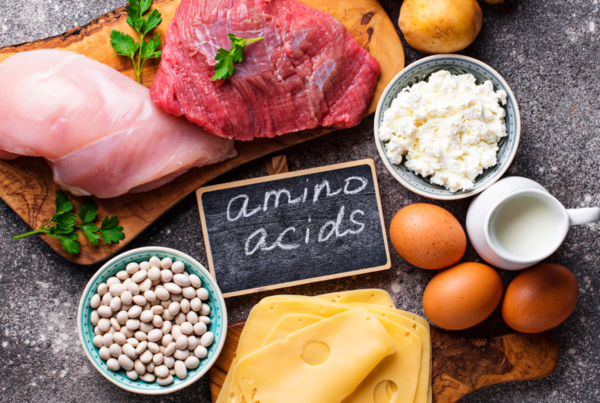EATING BEHAVIORS AND THE BRAIN PART 5
How do we decide what we’re going to eat? There are two primary driving forces behind eating. 1) There is homeostatic eating, which is where we eat so we can get the energy and nutrients our body needs to maintain homeostasis or a normal internal environment. 2) Then, there is hedonic eating, which is where we eat for pleasure or to manage our emotional states.
Hormones and Eating
Almost all of our meals are a mix of both homeostatic and hedonic eating. There are many hormones that influence our appetite. One of them is known as ghrelin. It’s often called the hunger hormone. It will stimulate our appetite. It peaks before meals and falls to lower levels during and immediately after eating, as our body knows we’re now getting the energy and nutrients we need. But this is not the only hormone that influences our eating.
There’s also a hormone involved in satiety, or a feeling of satisfaction, called leptin. Leptin is secreted by our fat cells and helps regulate energy balance. What’s supposed to happen as we gain weight is that leptin levels will rise and tell an area of our brain that we should not eat as much, that we have adequately stored energy in our body. However, for many people, as they continue to gain weight, their leptin levels proceed to rise, but they continue to be very hungry. The brain stops listening to the leptin. This is thought to be due to leptin resistance and is one of the challenges of losing weight if you’ve had chronic obesity.
This is a hormonal issue, and not under your conscious control.
Doctor’s Conclusion
Your hunger and eating are shaped by many factors, including your genetics, social cues, learned behaviors, environmental factors, your circadian rhythms, hormones, stress and emotional states, getting enough sleep, and your physical activity. So you see, it’s very complicated. Science still does not have the secret to hunger and eating, although we’re getting closer. We don’t really understand everything that makes us start eating.
But we’ve learned a lot about what causes us to stop eating. There’s more on that in our next post in the series.
There is an uncomplicated and understandable truth about eating and health. We want to make it easy for you. Join us and like me on Facebook.






